In the intricate universe within our intestines, trillions of microscopic inhabitants work tirelessly to keep us healthy, aiding digestion, bolstering immunity, and even influencing our mood. This delicate ecosystem, known as the gut microbiome, thrives on balance and diversity. Yet, when antibiotics enter the scene—powerful medicines designed to combat harmful bacteria—they don’t just target the invaders but often disrupt the peaceful community residing inside us. Understanding how antibiotics affect your gut is essential, not just for appreciating their life-saving role but also for navigating the subtle consequences they may leave behind. In this exploration, we delve into the complex interplay between these medications and your gut’s vibrant microbial world, uncovering what happens when this balance is tipped.
Table of Contents
- Understanding the Role of Gut Microbiota in Health and Immunity
- The Impact of Antibiotics on Gut Bacterial Diversity
- Long-term Consequences of Disrupted Gut Flora
- Strategies to Support Gut Recovery During and After Antibiotic Use
- Incorporating Probiotics and Dietary Adjustments for Optimal Gut Health
- Q&A
- The Way Forward
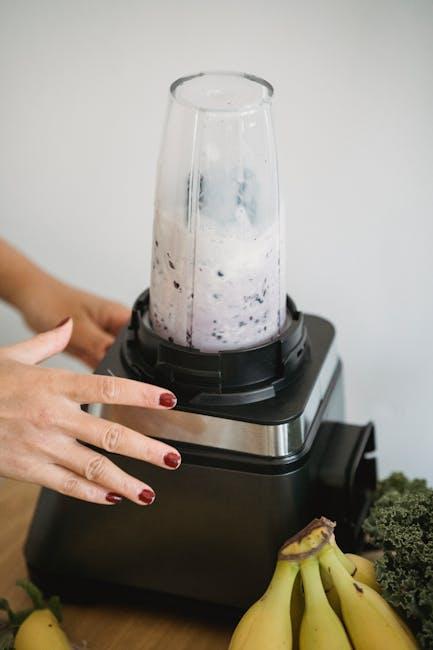
Understanding the Role of Gut Microbiota in Health and Immunity
The gut microbiota acts as an essential ecosystem, harboring trillions of microorganisms that contribute significantly to our overall well-being. These microbes help digest food, synthesize vitamins, and most importantly, modulate the immune system. When this delicate microbial balance is disturbed, especially by antibiotics, the body’s defense mechanisms can become compromised. Antibiotics tend to target both harmful and beneficial bacteria indiscriminately, leading to a reduction in microbial diversity. This disruption may result in increased susceptibility to infections, inflammation, and even chronic diseases.
Maintaining a healthy gut microbiota is crucial for immune resilience. Key benefits of a balanced gut flora include:
- Enhanced barrier function: Prevents pathogens from entering the bloodstream.
- Immune regulation: Trains immune cells to distinguish friend from foe.
- Production of essential metabolites: Such as short-chain fatty acids, which have anti-inflammatory properties.
| Microbiota Function | Impact of Antibiotics |
|---|---|
| Microbial Diversity | Significant reduction |
| Immune Cell Training | Impaired response |
| Metabolite Production | Decreased synthesis |
| Pathogen Resistance | Weakened defense |

The Impact of Antibiotics on Gut Bacterial Diversity
Antibiotics, while lifesaving, can significantly disrupt the delicate balance of the gut ecosystem. These medications don’t just target harmful bacteria; they often eliminate beneficial strains crucial for digestion, immune function, and overall health. The reduction in bacterial diversity can lead to short-term digestive issues like diarrhea and long-term consequences including increased susceptibility to infections and chronic inflammation. This phenomenon, known as dysbiosis, illustrates how antibiotics can unintentionally compromise the microbial harmony that thrives within us.
Restoring gut diversity after antibiotic treatment requires mindful interventions. Some key approaches include:
- Probiotic supplementation: Introducing live beneficial bacteria to replenish lost strains.
- Prebiotic-rich foods: Feeding the good bacteria with fibers found in fruits, vegetables, and whole grains.
- Limiting unnecessary antibiotic use: Preserving microbiome health by avoiding antibiotics when not medically required.
| Effect | Short-Term Impact | Long-Term Risk |
|---|---|---|
| Bacterial Diversity | Sharp decline | Imbalance and loss of key species |
| Immune Response | Mild suppression | Chronic inflammation |
| Digestive Health | Diarrhea, bloating | Increased risk of IBS and allergies |

Long-term Consequences of Disrupted Gut Flora
When the delicate balance of your gut microbiome is disturbed, especially by antibiotics, the effects can ripple far beyond a temporary bout of stomach discomfort. Over time, a compromised gut flora may lead to reduced diversity in beneficial bacteria, which plays a pivotal role in maintaining immune system resilience and nutrient absorption. This imbalance can open the door to chronic inflammation, increased susceptibility to infections, and even metabolic disorders. It’s important to recognize that these consequences are often subtle and develop gradually, making them easy to overlook until they manifest as more serious health issues.
Moreover, the disruption in gut flora might influence your mental well-being, due to the gut-brain axis—the biochemical signaling between the gastrointestinal tract and the nervous system. Research suggests that reduced microbial diversity is linked to heightened anxiety and mood disorders. Below is a quick overview of some potential long-term effects:
- Weakened Immune Response: Less protection against pathogens.
- Digestive Disorders: Increased risk of IBS and inflammatory bowel diseases.
- Metabolic Changes: Alterations that contribute to obesity and diabetes.
- Mental Health Impact: Potential rise in anxiety and depression symptoms.
| Impact Category | Possible Outcomes |
|---|---|
| Immune System | Chronic inflammation, frequent infections |
| Metabolism | Weight gain, insulin resistance |
| Mood & Behavior | Anxiety, mood swings |

Strategies to Support Gut Recovery During and After Antibiotic Use
Embracing a holistic approach can significantly enhance gut healing during and after a course of antibiotics. Prioritizing foods rich in prebiotics and probiotics nurtures beneficial bacteria and helps restore microbial diversity. Including fermented foods like yogurt, kimchi, and sauerkraut introduces live cultures that actively repopulate your gut. Simultaneously, fibrous vegetables and whole grains serve as nourishment for these microbes, promoting balanced digestion and reducing inflammation. Staying hydrated and ensuring regular meals can also maintain optimal gut function, supporting the recovery process.
Supplemental support can accelerate healing, but choosing the right approach is crucial. Probiotic supplements may be beneficial, especially those that contain a diverse array of strains such as Lactobacillus and Bifidobacterium. It’s important to space them properly from antibiotic doses to maximize effectiveness. Additionally, consider lifestyle adjustments like stress management and moderate physical activity; both contribute to gut resilience by modulating immune response and improving circulation. Below is a quick reference table summarizing key gut-friendly practices:
| Practice | Benefit |
|---|---|
| Incorporate fermented foods | Replenishes beneficial bacteria |
| Eat prebiotic-rich fiber | Feeds healthy microbes |
| Take targeted probiotics | Supports microbial diversity |
| Manage stress | Reduces gut inflammation |
| Stay hydrated | Enhances digestion and toxin clearance |
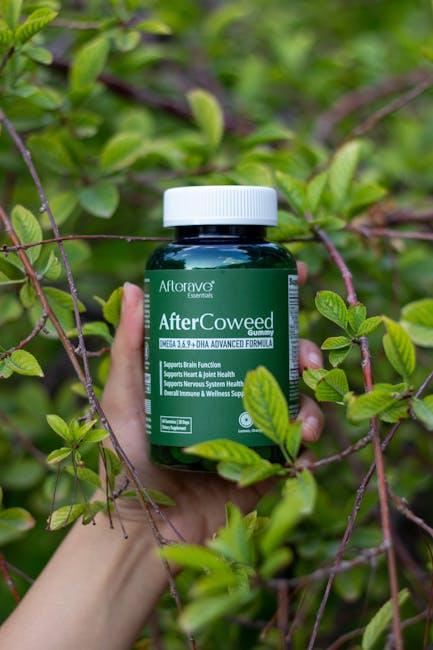
Incorporating Probiotics and Dietary Adjustments for Optimal Gut Health
Supporting your gut after a course of antibiotics requires more than just time; it demands intentional nourishment and replenishment. Incorporating probiotics into your daily routine can help restore the delicate balance of beneficial bacteria wiped out during treatment. These live microorganisms, found in yogurt, kefir, sauerkraut, and specialized supplements, work to repopulate your intestines and strengthen your immune defenses. Complementing probiotics with prebiotics — non-digestible fibers that fuel good bacteria growth — optimizes this recovery process. Foods rich in prebiotics include garlic, onions, leeks, and bananas.
Alongside probiotics, smart dietary choices can make a powerful difference. Reducing processed foods and sugars, which often promote harmful bacterial growth, allows your gut flora to stabilize naturally. Instead, prioritize a diet rich in:
- Whole grains
- Leafy greens
- Fermented vegetables
- Healthy fats, such as omega-3s from fish or flaxseeds
Below is a quick-reference guide to foods that aid gut restoration:
| Food Type | Benefit | Examples |
|---|---|---|
| Probiotics | Replenishes good bacteria | Yogurt, Kefir, Kimchi |
| Prebiotics | Feeds beneficial bacteria | Garlic, Onions, Bananas |
| Fiber-rich foods | Supports digestion and flora balance | Oats, Broccoli, Apples |
| Healthy fats | Reduces inflammation | Salmon, Flaxseeds, Walnuts |
Q&A
Q&A: How Antibiotics Affect Your Gut
Q1: What exactly are antibiotics, and why do we take them?
A1: Antibiotics are powerful medicines designed to kill or inhibit the growth of harmful bacteria causing infections. They are lifesavers when battling conditions like strep throat, urinary tract infections, or pneumonia. However, their action isn’t always selective—they can impact friendly bacteria too.
Q2: How do antibiotics interact with the bacteria in my gut?
A2: Your gut is home to trillions of microbes that help digest food, produce vitamins, and support your immune system. Antibiotics, while fighting dangerous bacteria, also often wipe out many beneficial gut microbes. This disruption can resemble a forest fire clearing both weeds and flowers, leaving the landscape temporarily barren.
Q3: What are the immediate effects of antibiotics on gut health?
A3: Shortly after starting antibiotics, you might notice side effects such as diarrhea, bloating, or mild stomach cramps. These occur because the natural balance of gut bacteria is disturbed, allowing some opportunistic microbes to flourish unchecked.
Q4: Can antibiotic use lead to long-term changes in the gut microbiome?
A4: Yes, sometimes the microbial community doesn’t bounce back to its original diversity right away. Repeated or broad-spectrum antibiotic use can reduce microbial diversity, potentially influencing digestion, immunity, and even mood regulation over time.
Q5: Is there a way to protect or restore gut health during or after a course of antibiotics?
A5: Absolutely. Eating a fiber-rich diet, fermented foods like yogurt or kimchi, and possibly taking probiotics can help restore beneficial bacteria. Additionally, discussing with your healthcare provider about the necessity and type of antibiotic can minimize unnecessary gut disruption.
Q6: Should I be worried about antibiotic resistance related to my gut bacteria?
A6: It’s a valid concern. Antibiotics can encourage resistant bacteria to thrive in your gut, potentially making infections harder to treat in the future. Using antibiotics responsibly—only when prescribed and finishing the full course—is key to minimizing this risk.
Q7: In summary, how does understanding the gut-antibiotic relationship benefit me?
A7: Knowing how antibiotics affect your gut empowers you to use these medicines wisely and take proactive steps to maintain your digestive and overall health. After all, a happy gut contributes to a healthy body and mind.
The Way Forward
As the microscopic battlefield within your gut responds to the powerful influence of antibiotics, it becomes clear that these medications are both healers and disruptors. While they work tirelessly to vanquish harmful bacteria, they can also unsettle the delicate balance of your inner ecosystem. Understanding this duality empowers you to approach antibiotic use with mindfulness, supporting your gut’s recovery through thoughtful diet, probiotics, and patience. After all, in the story of your health, the gut is not just a backdrop—it’s a dynamic character deserving of care and respect.








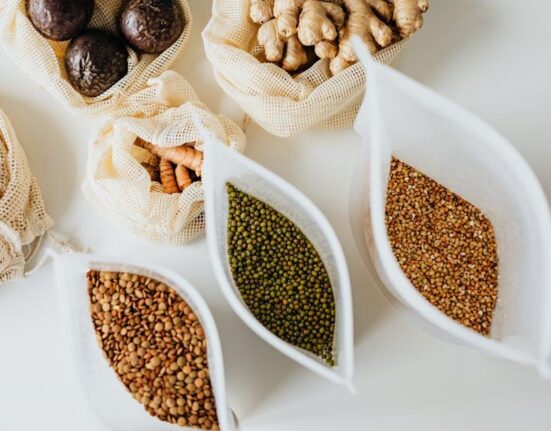
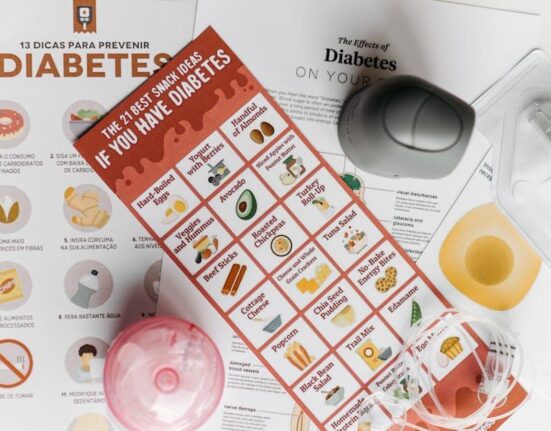


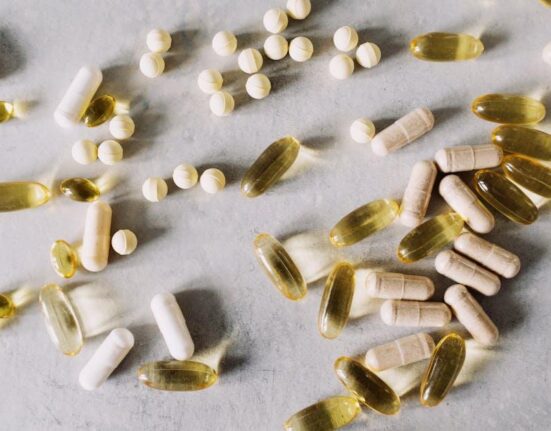

Leave feedback about this